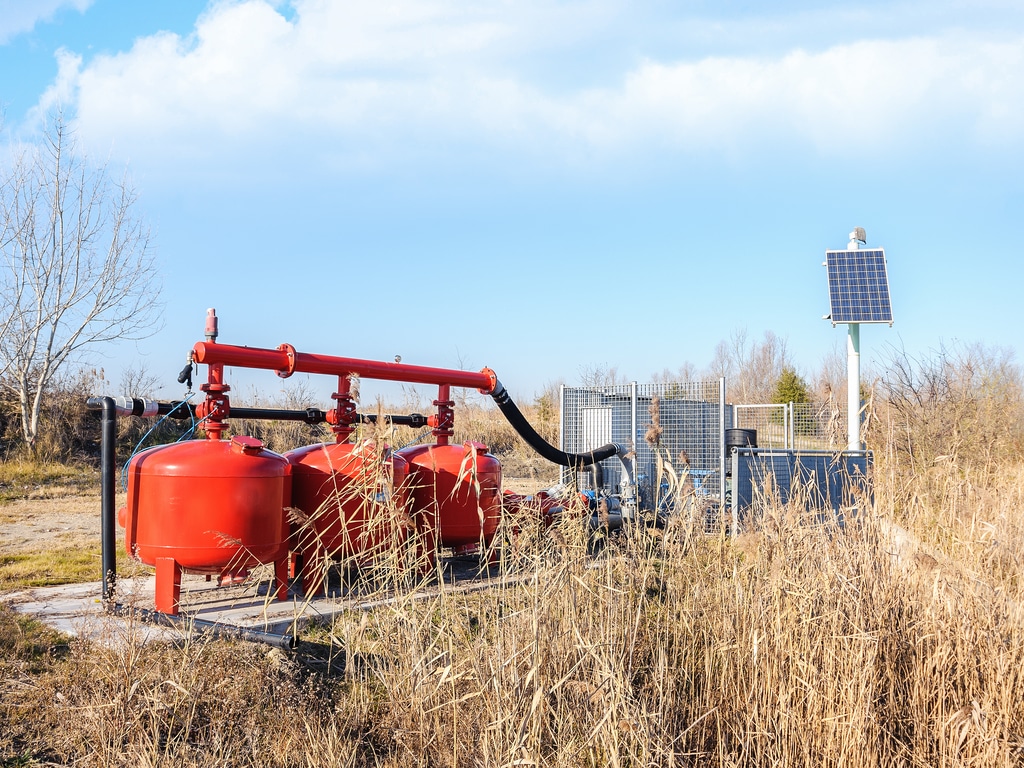News about the project to install 1,170 solar irrigation pumps in Sudan. The government of the North African country is calling for expressions of interest from consulting companies. The deadline for submission of applications is September 14th, 2021.
The successful consultants will provide engineering and supervision services, design of solar water pumping systems, according to the requirements of each farm. The firms will also provide assistance to the irrigation project implementation unit, supervision and contract administration of works related to the installation and commissioning of the solar pumps. The firms will also support the project implementation unit through technical and financial supervision to ensure that all works are carried out according to the contract specifications. The consultants will also participate in the construction activities and in the implementation of the project’s environmental and social management plan.
Read Also – AFRICA: water, at the heart of the continent’s environmental challenges
The solar pumps will be installed in North Kordofan and West Kordofan states. In these parts of Sudan, rainfall is erratic due to the arid climate and climate change, with a negative impact on agricultural yields, according to the Food and Agriculture Organisation (FAO). The new equipment will be used to pump groundwater. In addition to food security, the project aims to reduce farmers’ dependence on fossil fuels, which are harmful to human health and the environment.
The risk of groundwater drying up
The irrigation project is 75% financed by a $21.7 million loan from the African Development Bank (AfDB). The remaining 25% will be paid in instalments over three years. The pan-African institution indicates that the installation of the solar pumps will be completed by December 31st, 2025.
According to the AfDB, such a project could cause overexploitation of the water table. For this reason, the bank has also commissioned a groundwater study and sustainability assessment “as a basis for further project development in Sudan”.
For more information on the tender, click here.
Ines Magoum
